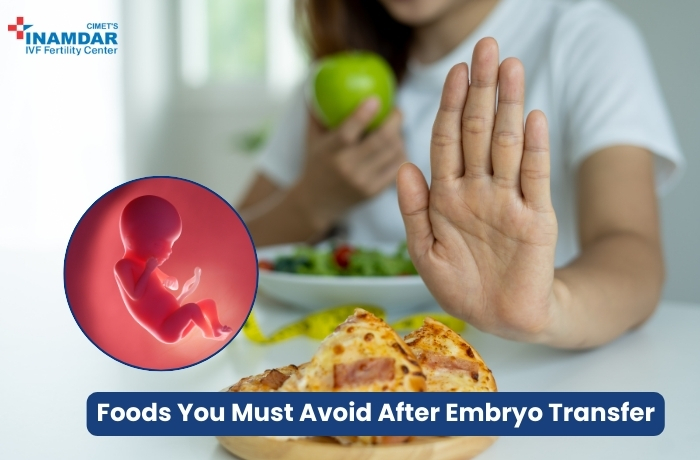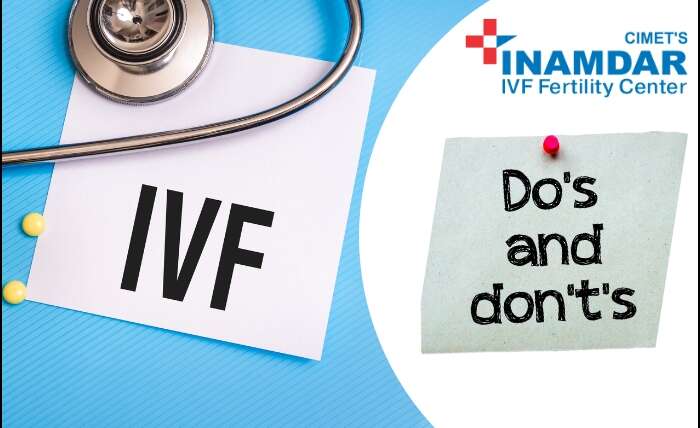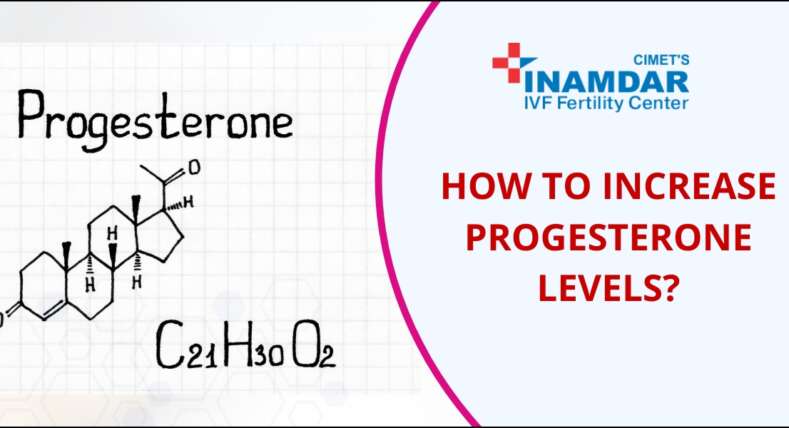10 Foods You Must Avoid After Embryo Transfer
Embryo transfer is a critical phase in the journey of in vitro fertilization (IVF); during this time, taking care of your health and well-being is essential. What you eat after an embryo transfer can significantly impact the success of the process. While many focus on foods that boost fertility and promote a healthy pregnancy, it’s equally important to know which foods you should avoid. In this article, we will provide a comprehensive guide on the 10 foods you must avoid after embryo transfer to ensure optimal conditions for implantation and early pregnancy.
1. Raw or Undercooked Foods
Raw or undercooked foods, especially meat, fish, and eggs, pose a high risk of contamination by harmful bacteria and parasites, such as salmonella, listeria, and toxoplasma. These can lead to foodborne illnesses, which may compromise the early stages of pregnancy. After an embryo transfer, it’s crucial to steer clear of foods like sushi, rare steaks, and soft-boiled eggs, as they can increase the risk of infection.
- Why Avoid It: The immune system is slightly suppressed after embryo transfer, making the body more vulnerable to infections. Consuming contaminated food can lead to severe health complications and negatively impact embryo implantation.
2. Unpasteurized Dairy Products
While dairy products are often considered a good source of calcium, some types of dairy must be avoided post-embryo transfer. Unpasteurized milk, cheese, and yogurt can carry listeria, a bacterium that can cause miscarriages or harm the development of the embryo.
- Why Avoid It: Listeriosis can cause flu-like symptoms and has been linked to pregnancy complications. It’s essential to stick to pasteurized dairy products to avoid potential risks.
3. High-Mercury Fish
Certain types of fish contain high levels of mercury, which can be toxic to a developing embryo. Fish like swordfish, king mackerel, tilefish, and shark are notorious for their mercury content. Mercury exposure during early pregnancy has been linked to developmental delays and neurological issues in the baby.
- Why Avoid It: Mercury can interfere with the nervous system development of the embryo, making it crucial to avoid fish high in mercury and opt for safer alternatives like salmon or sardines.
4. Processed Meats
Processed meats such as sausages, bacon, ham, and hot dogs contain high levels of nitrates, preservatives, and sodium, all of which can negatively impact pregnancy outcomes. These meats are also often exposed to bacteria during processing, increasing the risk of infections.
- Why Avoid It: The additives and chemicals used in processed meats can pose health risks to both the mother and embryo. It’s best to choose fresh, unprocessed protein sources.
5. Caffeine
While it’s commonly known that caffeine should be limited during pregnancy, it’s especially important to avoid it during the period right after an embryo transfer. Caffeine is a stimulant that can interfere with hormone levels and reduce blood flow to the uterus, which may hinder the successful implantation of the embryo.
- Why Avoid It: Excessive caffeine consumption has been linked to miscarriage and difficulties in maintaining a healthy pregnancy. Limit intake to 200 mg or less per day, equivalent to about one small cup of coffee.
6. Alcohol
Alcohol should be completely avoided after embryo transfer, as it can interfere with the delicate balance of hormones that support early pregnancy. Consuming alcohol in this critical period can also impair embryo development and increase the risk of miscarriage.
- Why Avoid It: Alcohol disrupts normal cell development and may cause fetal alcohol syndrome if consumed in excess. Even small amounts can be harmful in the early stages of pregnancy.
7. Artificial Sweeteners
While you may think opting for diet sodas or low-calorie sweeteners is a good alternative to sugar, artificial sweeteners like aspartame and saccharin can pose risks during pregnancy. Some studies suggest that these sweeteners may lead to metabolic changes that can affect fetal development.
- Why Avoid It: It’s better to avoid synthetic sweeteners and choose natural alternatives like honey or maple syrup in moderation, to avoid any potential harm to the embryo.
8. High-Sugar Foods
Foods high in sugar, such as cakes, cookies, pastries, and candies, should be limited or avoided altogether after an embryo transfer. High-sugar diets can lead to inflammation, insulin resistance, and an increased risk of complications in pregnancy.
- Why Avoid It: Elevated blood sugar levels can interfere with the body’s ability to maintain a healthy environment for the embryo. Opting for whole grains and foods with a low glycemic index is a better choice during this phase.
9. Spicy Foods
Spicy foods may cause discomfort, especially in the early stages of pregnancy. After an embryo transfer, it’s important to keep the digestive system calm and balanced. Spicy foods can trigger acid reflux, indigestion, and stomach irritation, which can add unnecessary stress to the body.
- Why Avoid It: Keeping stress levels low and ensuring comfort is vital after an embryo transfer. Avoid spicy foods to promote a smooth and easy digestion process.
10. Herbal Teas and Supplements
Although some herbal teas are considered safe, others, such as peppermint, licorice root, and chamomile, can have negative effects on hormone levels and may increase the risk of uterine contractions. Herbal supplements should also be avoided unless specifically recommended by a healthcare provider.
- Why Avoid It: Many herbal remedies are not well-regulated and may contain substances that are harmful during pregnancy. Always consult with your doctor before consuming any herbal products.
Visit the best IVF Fertility Hospital in Pune – Inamdar Hospital
Inamdar Hospital stands out as the best male and female infertility center in Pune, dedicated to helping couples achieve their dream of parenthood. Hospital is equipped with advanced reproductive technologies and staffed by a team of experienced fertility specialists who are committed to providing personalized care. We offer a comprehensive range of services, including IVF, ICSI, IUI, and donor programs, tailored to meet the unique needs of each patient. With a focus on both male and female infertility treatments, Inamdar Hospital employs the latest techniques and evidence-based practices to enhance success rates.




